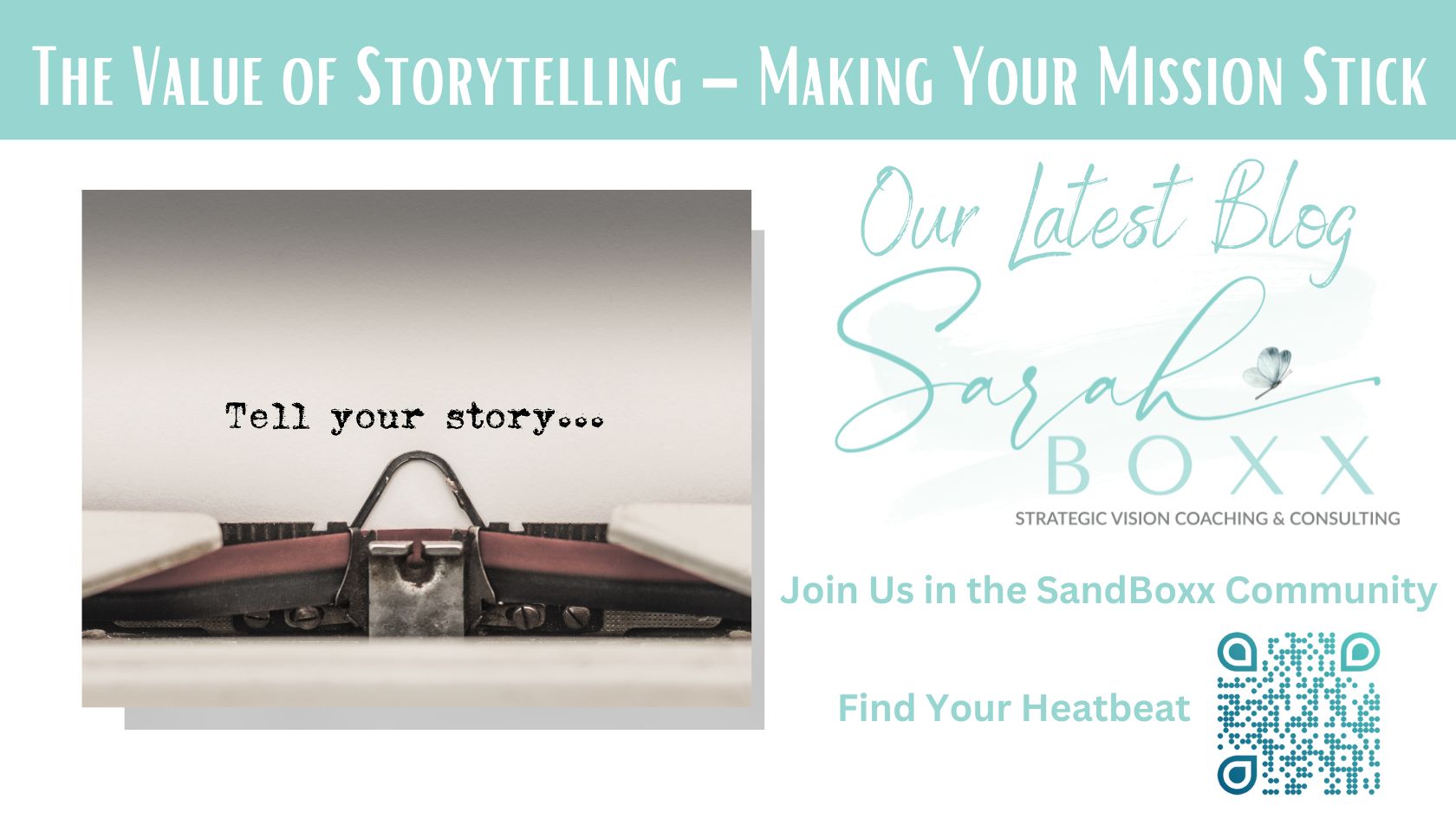Last week we talked about the power of words, breaking up with negative and self-limiting words and assumptions, reframing in order to allow better mental states. We also focused on learning about negativity diets to create fertile ground in order to cultivate new possibilities and growth. This week, we again consider words, but more specifically how words signal our commitment level and accountability to ourselves and others.
In his 2005 book, Developing the Leader Within You, John Maxwell shares his principles and practices for “everyday leaders”. The principles apply to each of us, as we are all leaders in our own lives. Additionally, many of us also show up as leaders in our home, family, community, church, and work. In all cases, how we show up for ourselves each day is how ultimately we show up for others. Practice personal accountability consistently each day in your life and over time you will see it blossom in those around you.
The word accountability gets used a lot, and not always with a positive connotation. Let’s turn to Merriam-Webster for our definition: accountability is the quality or state of being accountable; especially: an obligation or willingness to accept responsibility or to account for one’s actions. Notice how this definition focuses on the self. It is not outwardly focused, as is commonly used today. We often hear people being called or held accountable for something they did or did not do. But today we are focused on personal accountability, just as Merriam-Webster defined it.
“Integrity means living it myself before leading others.” John C. Maxwell
Let’s start with a short exercise. Take a blank piece of paper and write three words at the center of the top: Reliable, Dependable and Accountable. Next, draw a line down the middle of the page. On the left side write the word DOES NOT at the top and on the right side write IS NOT. Next read the sentences that follow and decide which column it belongs. Does it signal being personally reliable, dependable or accountable? (Remember: left side=No, or right side=Yes). Then simply write the number of that sentence in the column you selected. Here we go:
- I expected a call back from you to tell me when the paper was due.
- Jessica said she would let us know if we could proceed. I still haven’t heard.
- The project is a little bit behind. It seems to have lost momentum over the holidays.
- That was on Frank’s list to get done.
- Sorry about double-booking conference space. Since it wasn’t reserved on the calendar I figured it was open.
- I met with Jake and Shanice yesterday and we came up with a plan for getting back on track this week.
- Not sure how we’ll get it done yet, but we will definitely deliver as promised.
- I would like to help out, but I don’t really know what my role is.
- When did this happen?
- We had to reschedule because the technology wasn’t working like they thought it would.
So which sentences did you place in the “No” column and which did you place in the “Yes” columns? Hint: most belonged on the “No” side of the page. As reasonable as these comments are, many deflect or put off responsibility to others, the future, or lack of information. All of which could be remedied through being proactive. If you want to know more about how these sentences sort out, check out the Accountability Pathway tool, accessible for free by creating an account at http://rbl-apps.com/. I use this framework both personally and when working with clients. It affords an honest appraisal of conditions and helps uncover opportunities to move into action and provides accountability when we find ourselves sliding to the left (unaccountable) side of the pathway. Plus, posting a picture of this Pathway tool in a prominent place (like the ‘fridge) is a way to gently remind yourself to stay honest and own where you are at any given moment. It’s not a judgment. Just a status report, if you will.
Great – now you know how to check yourself to see whether or not you are currently accountable, but what is it exactly you should be paying attention to if you are being accountable?
You need to pay attention to every commitment, promise or goal you make – and the actions you pledge to take to achieve results.
Almost makes you want to rethink making promises and commitments altogether, right? Well, that’s not necessarily a bad thing. We often over-commit in the service of being helpful, being a “team player”, or just being unrealistic or unaware of what we’ve already put on our plates. Too often we commit before we think it through. We assume we can fit it all in, serve everyone including ourselves, and deliver high-quality results. Sometimes it happens. But, the more we pile on – especially when we don’t link our commitments to a specific result, the more we are just checking items off a to-do list.
What helps us grow our personal accountability? Here are a few of the tips I’ve learned and applied. Slow down. Breathe. Count to ten before even saying anything at all (yes or no). It will feel like a lifetime, but it helps to let your mind start considering what you can accomplish. Adrenaline is not your friend. Neither is FOMO. “Maybe” and “I don’t know” are delaying tactics. If you already know your answer is no then say so. If you need time and other information before you can decide, then say that and confirm when you will get back to the person asking.
Be specific and clear. That’s a powerful first step in being accountable. The more thoughtful we are when we make commitments, the more confident and accountable we can be in fulfilling them. If something happens that we can’t remedy, our accountability impels us to quickly own up to the fact and help find other solutions.
Sounds simple and it is, but it’s not easy. Full disclosure, it’s a practice for me. I am naturally inclined to want to help others, so my default is “Yes”. I still say yes almost as much as I used to, but I don’t commit right away. (Waiting before committing is really HARD for me to do as a people pleaser and team player.) Depending on how complex the request is, I’ve learned to give myself anywhere from as few as 90 seconds to as long as a week to consider whether I can commit. Once I say yes it’s a done deal.
Remember: Start SMALL. Be consistent. Focus on the long-term (don’t expect huge changes right away). Recognize your WINS and gains due to consistently coming through for yourself and others. Learn from your mistakes (we all make them). Share what you learn and move on. If you need external support, find a small group of trusted advisors, coaches, colleagues or peers and share with them what you are doing to be more accountable to yourself and for yourself. Talk about what you accomplished; what worked, what didn’t and why. Then continue taking steps forward.
The more you practice the more natural it becomes.
“Cut your excuses in half and double your actions around your goals.” Robin Sharma




